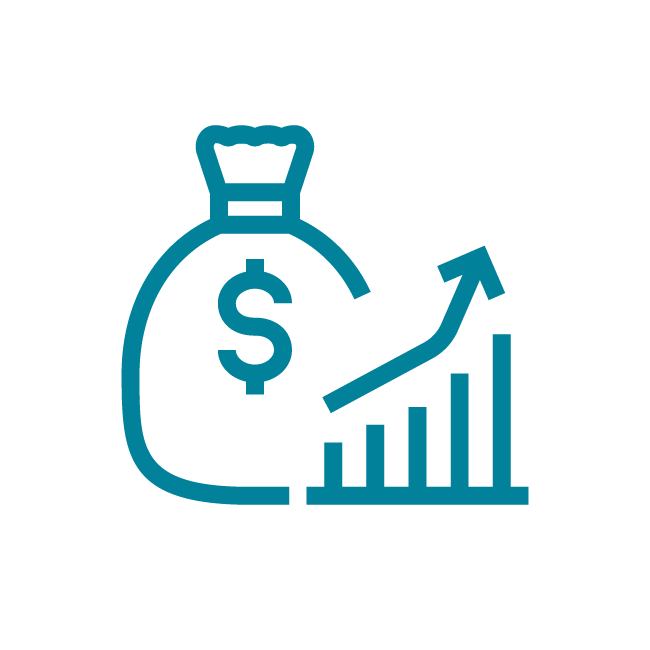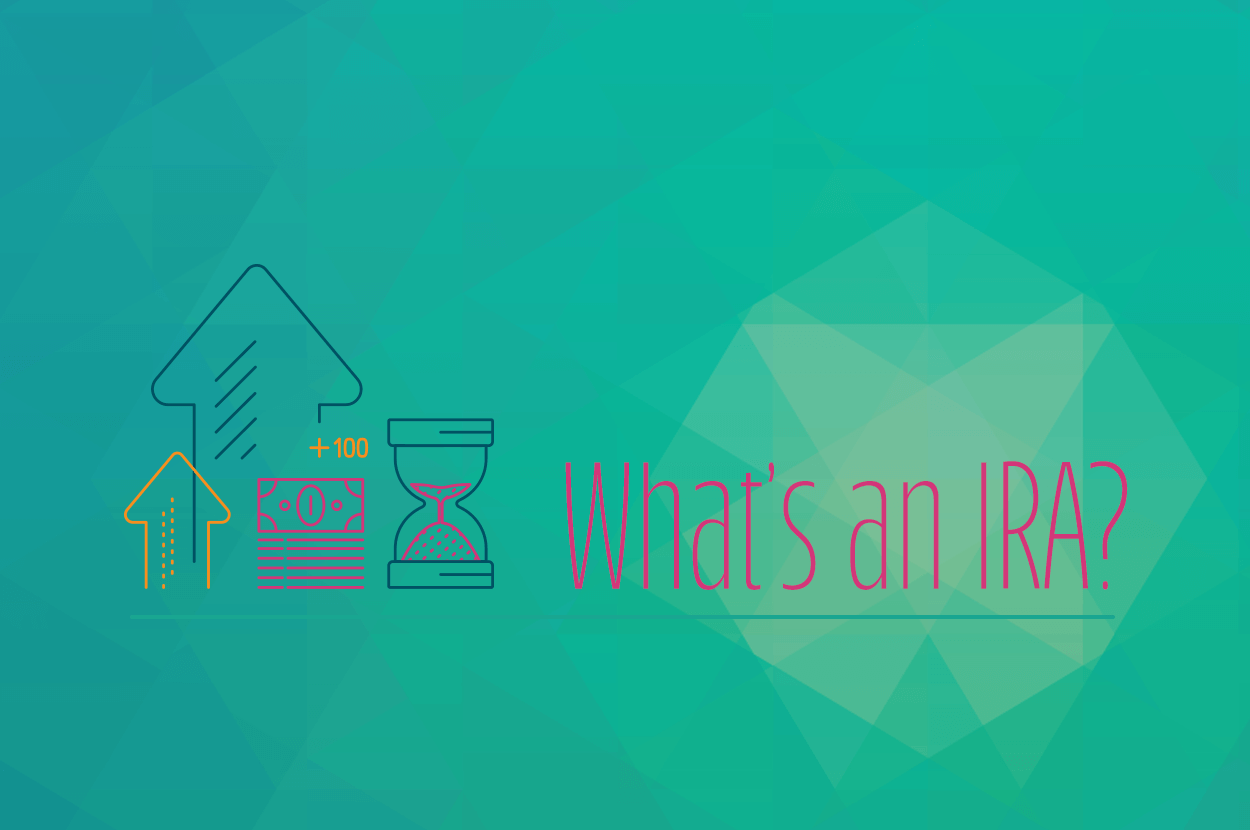Plan and Retire
Investing for Beginners
August 14, 2017

A common misconception we often hear is “investing is for wealthy people.” Let’s put that rumor to rest, shall we?
No matter what your income level is, there are ways for you to invest in your future. Investing is a way to grow your wealth over time. In other words, investing is for everyone!
Of course, your investment strategies will depend on specific factors like how much you can contribute, what your goals are and how you are currently saving money. If you’re new to investing, here’s what you should know about getting started:
What is Investing?
Investing is putting money aside in an effort to make a profit over time. There are many ways to invest, from stocks and bonds to IRAs and mutual funds.
Each investment strategy has its own pros and cons. Some strategies are more conservative and others are riskier. A financial advisor can help walk you through each option and find the right one for you, but let’s explore some of the basics.

Stocks and Bonds
An individual stock is like buying a little piece of a business. You get to contribute your opinions on business matters by voting during shareholder meetings.
Your profits or losses depend on how the business does. This means your return on investment may be very high or could lead to a loss.
Bonds are different. Instead of buying into a business, a bond allows investors to loan money to an organization or government agency in exchange for interest payments over time.
Stocks may fluctuate more often while bonds can be more stable. However, if you only make one type of investment, you’re dependent on the success of that one entity.
IRAs
IRAs are sometimes known as individual retirement arrangements, individual retirement accounts or individual retirement annuities. Basically, an IRA is a way to save money for retirement and benefit from tax advantages to help that money grow.
An IRA is a personal savings account that’s made up of varying investments. It might include stocks, bonds, annuities, certificates, mutual funds or other types of investments.
You contribute money into your IRA and taxes on that money are deferred until the funds are withdrawn. Depending on the type of IRA, sometimes the funds aren’t taxed at all.
- Traditional IRA- investments are tax-deferred, so you won’t pay income taxes on your earnings until you withdraw funds
- Roth IRA- investments are funded by after-tax dollars, but qualified distributions may allow you to make tax-free withdraws
It’s important to keep in mind that IRAs are designed for retirement savings, so you could owe penalty charges if you withdraw IRA funds early.
Mutual Funds
Mutual funds are a portfolio that a group of people contribute money toward. They could be made up of stocks, bonds or other investments. Each investor buys shares of the overall portfolio and those shares pay dividends.
This is a popular choice for beginners to investing because the mutual funds are managed by a professional. You can decide how conservative or aggressive to be and your mutual fund manager will handle the rest! Mutual funds are sold by prospectus only. A financial advisor can provide a prospectus that contains information regarding fees, taxes, charges and other important material. Be sure to read the prospectus carefully before investing.
Retirement Planning: 401(k) and 403(b)
Employers and financial institutions can help you save for retirement with 401(k), 403(b) or other retirement plans. These plans allow people to contribute money from their paychecks to help save for retirement later in life.
Many companies offer 401(k) plans to their employees. Each program is different, so learn the details of the offer before you make any decisions.
Teachers, administrators and other public school employees may be eligible for 403(b) plans that offer tax-deferred savings growth and compounding.
How to Get Started with Investing
Sounds great, but where to start? Now that you have a better idea of what investing is all about, it’s time to put it into action!
Investing doesn’t have to be overwhelming or scary. A financial advisor can look at your particular goals and help devise a plan to grow your wealth in a way that makes sense to you.

If you’re ready to take the next step with investment services, retirement planning or wealth management, Suncoast Investment Services can help.
Suncoast Investment Services is a marketing name used by Suncoast Credit Union. Securities and advisory services are offered through LPL Financial (LPL), a registered investment advisor and broker-dealer (member FINRA/SIPC). Insurance products are offered through LPL or its licensed affiliates. Suncoast Credit Union and Suncoast Investment Services are not registered as a broker-dealer or investment advisor. Registered representatives of LPL offer products and services using Suncoast Investment Services, and may also be employees of Suncoast Credit Union. These products and services are being offered through LPL or its affiliates, which are separate entities from, and not affiliates of, Suncoast Credit Union or Suncoast Investment Services. Securities and insurance offered through LPL or its affiliates are:
| Not Insured by NCUA or Any Other Government Agency | Not Credit Union Guaranteed | Not Credit Union Deposits or Obligations | May Lose Value |
Category
Plan and Retire
Tags
Find a Branch or ATM
We’re local, serving multiple counties in Florida


